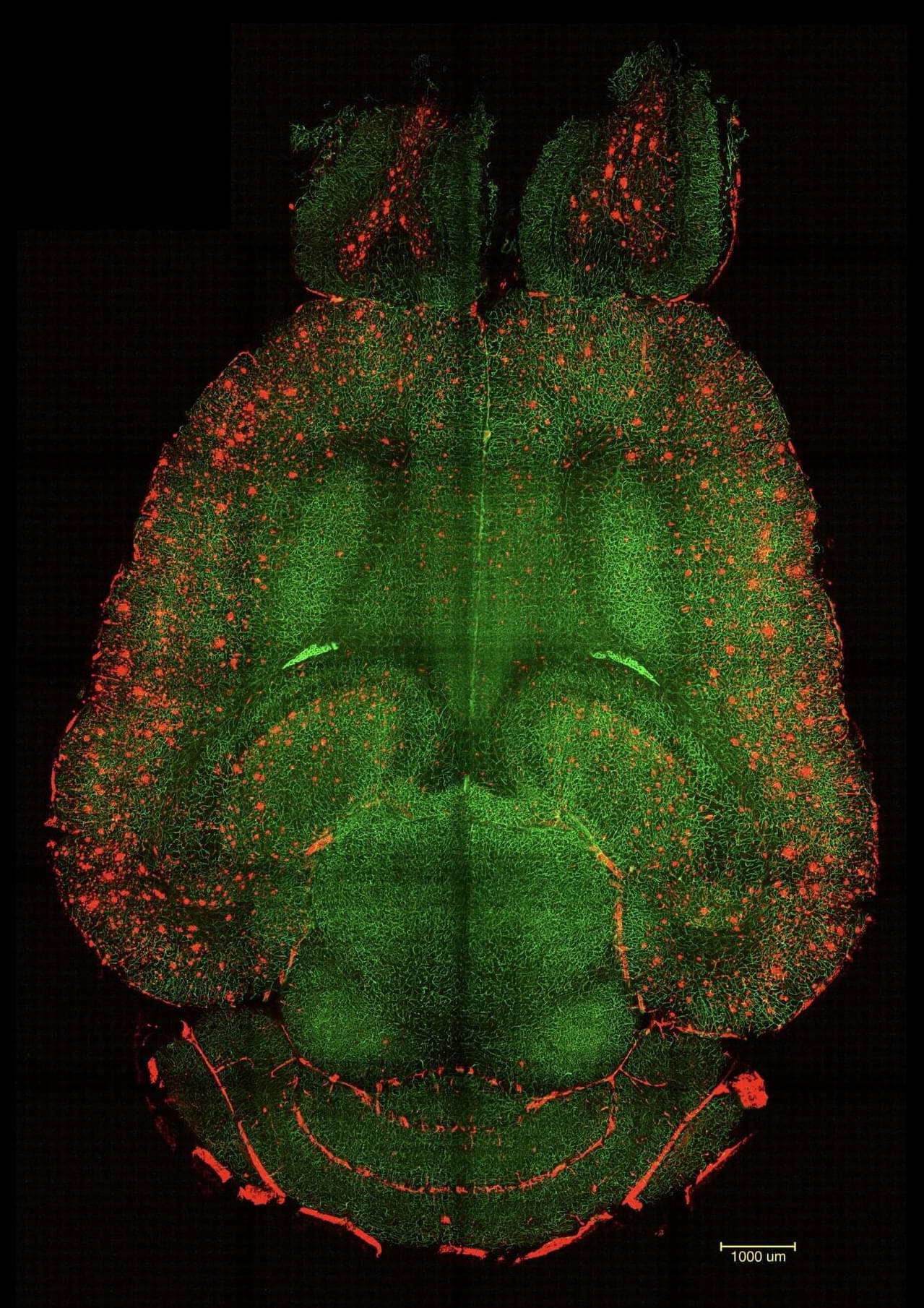A research team co-led by the Institute for Bioengineering of Catalonia (IBEC) and West China Hospital Sichuan University (WCHSU), working with partners in the UK, has demonstrated a nanotechnology strategy that reverses Alzheimer’s disease in mice.
Unlike traditional nanomedicine, which relies on nanoparticles as carriers for therapeutic molecules, this approach employs nanoparticles that are bioactive in their own right: “supramolecular drugs.” The work has been published in Signal Transduction and Targeted Therapy.
Instead of targeting neurons directly, the therapy restores the proper function of the blood-brain barrier (BBB), the vascular gatekeeper that regulates the brain’s environment. By repairing this critical interface, the researchers achieved a reversal of Alzheimer’s pathology in animal models.
